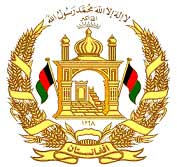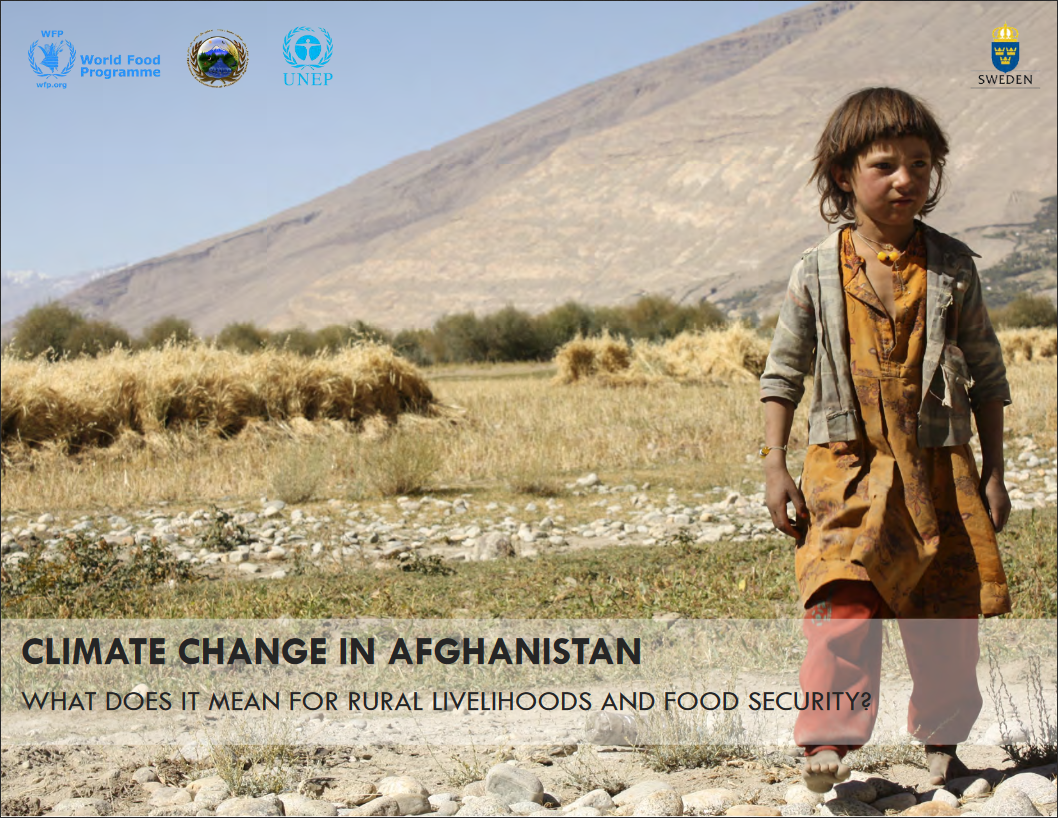Afghanistan Wiki: "The politics (government) of Afghanistan consists of the council of ministers, provincial governors and the national assembly, with a president serving as the head of state and commander-in-chief of the Afghan Armed Forces."
Members:
Resources
Displaying 1 - 5 of 10Climate Change in Afghanistan - What Does it Mean for Rural Livelihoods and Food Security?
Climate change in Afghanistan is not an uncertain, “potential” future risk but a very real, present threat— whose impacts have already been felt by millions of farmers and pastoralists across the country. In this report, it is shown how drought and flood risks have changed over the past thirty years, and what impact this has had on rural livelihoods and food security in the country. The aim is to inform national-level prioritisation of areas and livelihoods groups for climate change adaptation and disaster risk reduction programmes.
Law on Land Acquisition 2017
Article One:
This law has been enacted in accordance with paragraph (4) of article 40 of the Constitution of Afghanistan.
Objectives
Article Two:
The objectives of this law are as following:
Law on Managing of Land Affairs
Article One:
This law is enacted the provisions of paragraph two article nine of constitution of Afghanistan in order to regulate the affairs of the land.
Objective
Article Two:
Objectives of the law have included:
Presidential Decree of the Islamic Republic of Afghanistan Concerning Modification of a Series of Articles of the Land Expropriation Law
NO: (7)
Date: 14/01/1384 (03/04/2005)
Article 1:
Sections (1&3) of article (3) and articles (12, 13, 16, 17, 20 and 22) shall be amended as follow:
1- Under section (1) of article 3 the expression ‘railway’ shall be added after the expression ‘highways’, and the text (and schools, implementation of urban plans) shall be added after the expression (seminaries or religious schools), and under section (3) of article 3 the expression (and legal) shall be added following the expression (canonical).
Constitution of Afghanistan 2004
The Afghan National Assembly (Loya Jirga) approved the constitution before it was formally signed by transitional president Hamid Karzai.




